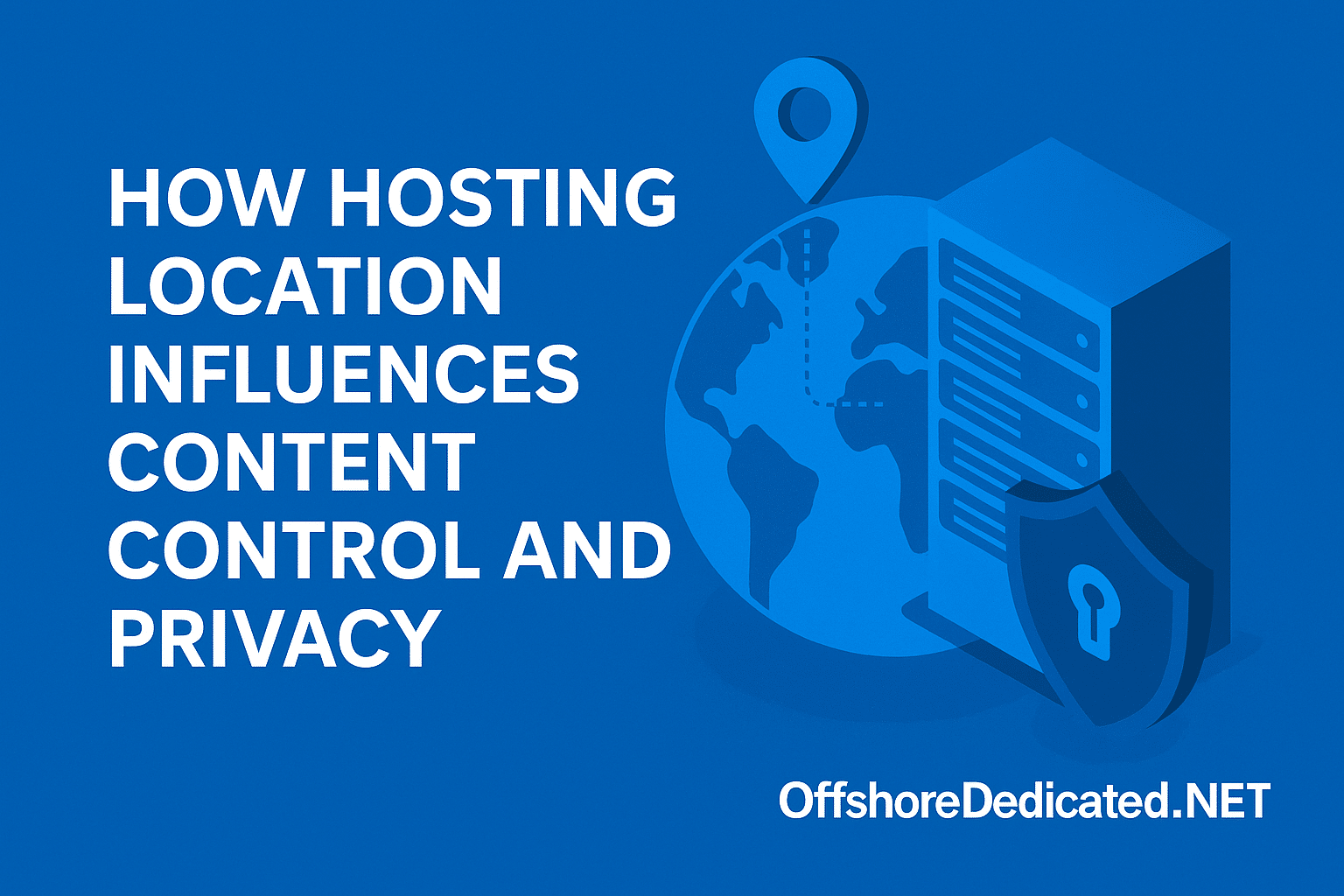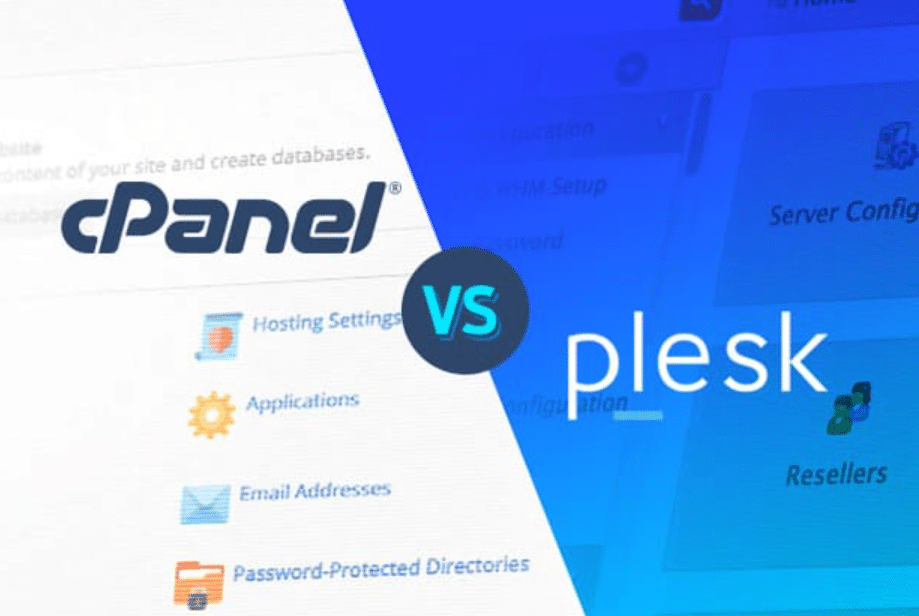Today almost any business needs to have a web presence for reaching out to a wider, diverse audience. The biggest advantage that a web hosting service offers to small businesses is that of cost savings. When a small business hosts a website on the World Wide Web, it significantly cuts down on a major expense. Although this may sound like a trivial cost cutting for big companies, small companies can benefit greatly from it.
As compared to hosting on your own server on-premises, web hosting provides several benefits that enable you to move ahead with your online venture. However there are also several risks that you need to consider before moving ahead. Since web hosting means bringing in a third party, it involves a certain amount of risk. When you host your own server, only you have access to your vital information. When it comes to web hosting, it is important that you choose a reputable and reliable company to ensure the safety of your stored information, and that your provider has backup and archive procedures in place, a redundant architecture with fail over to provide for uptime in case of failure of the primary data center, and a service level guarantee that spells out exactly what you can expect.
Again when you host your own server, your website information may not always be available to users all over the world. For example, if you experience a power failure or a system crash, users will be unable to access your website. Offshore web hosting companies, as well as larger companies that host their own web servers on-premises, typically have a redundant architecture with failover, which allows the system to keep running in the event of a power failure; however, this can be a costly setup when attempting to establish it on your own. When you use the services of a web hosting company, you are assured of superior technology and can avoid having to make these major capital expenditures.
For startup companies and small businesses, web hosting is an excellent option to keep down business expenditures. Shared hosting is one of the most popular forms of web hosting preferred by small businesses. In this kind of web hosting, you share server space as well as other resources with other online businesses. This is a simple and efficient way of hosting your website and making sure that you stick to your desired budget.
One disadvantage of shared hosting is that you don’t get to choose the website owners who share server space with you. Typically though, the hosting company runs virtual servers, which turns each physical server into multiple virtual ones, with virtual walls in between each client’s area, so that it is not possible for other clients to see your files. But while the files may be safe, there may be other concerns. If it happens that one of these users is running an unethical business on the internet, such as sending spam to annoyed internet users, there is a chance that your entire IP address range may get blocked by unhappy administrators. Most of the better and more established web hosting companies have an established set of policies regarding what sort of web sites can be hosted; it is recommended that you make sure your host?s policy prohibits spam, pornography, gambling, or other types of sites you may not want to be associated with. Make sure your hosting company is reputable and does not serve spammers and other online criminals. Besides the risks of association, there is also a risk that your host will be shut down completely if they host these types of web sites. If you are a new startup business, it is recommended that you first try your hand at shared hosting to learn the ropes before going for a more advanced form of web hosting.
Other than shared hosting, there are other options that a web hosting company offers. If you have a very large web site, you may choose to employ a dedicated server, which you lease or own. The server is collocated at the hosting company?s data center, and it is exclusively for your use. The hosting company takes care of the management and security of the server on your behalf.
Another great merit of web hosting is cost cutting in terms of hardware and equipment as well as the maintenance that comes with it. Once you have a web hosting company to take care of your website, you need not worry about the ongoing maintenance costs of the server and equipment, upgrades, or security.
Choosing a good web hosting provider means giving your business a competitive edge, ensuring that your message is always available and that revenues continue to come in reliably.
The best benefit of web hosting is that it allows you to focus on the core aspects of your business, while the hosting company takes care of the technical end of your web presence. Through effective web hosting you can establish a firm online presence and increase your brand visibility.




